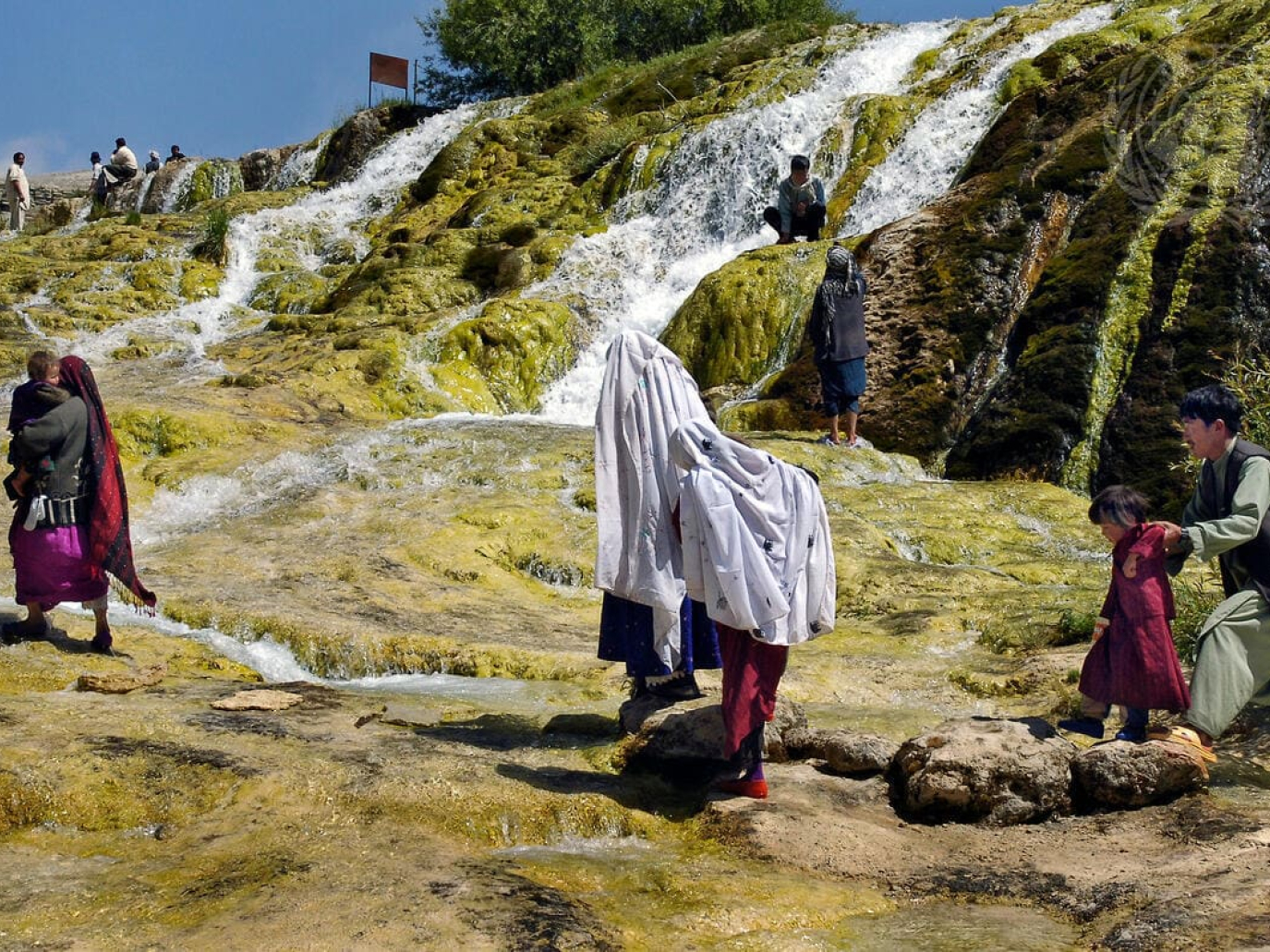
This article is also available in Italian / Questo articolo è disponibile anche in italiano
The 80th session of the United Nations General Assembly has just concluded in New York. For a week, presidents, prime ministers and ministers took the stage to reaffirm commitments to peace, security and sustainable development. Well, not all of them to be fair: Donald Trump, among others, used his address to downplay climate change, attack the Paris Agreement, and recycle misleading claims about renewables.
Water, too, surfaced in speeches and side events – framed as both a victim of climate change and a vehicle for cooperation. Yet what these meetings reveal most clearly is how water has become a political argument in its own right. Leaders invoked it to signal environmental responsibility, to stress national vulnerability, to assert sovereignty or to project global leadership.
But the words in New York once again stopped short of binding action. Symbolism dominated substance, and the UN itself is in dire straits, struggling to project authority at a moment when its resolutions are routinely ignored, its credibility is questioned, and its ability to enforce collective commitments has rarely looked weaker. And so did its escalators.
This gap between performance and reality was further highlighted by a new WHO/UNICEF report released on 24 September, which warned that despite “unprecedented efforts” by more than 100 countries, billions of people still lack basic services in health care facilities – from safe water and sanitation to hygiene and waste management. Even as leaders spoke of accelerating progress, the most fundamental needs remain unmet.
Attention now turns to the next milestone: the UN Water Conference, scheduled for 2–4 December 2026 in the United Arab Emirates, co-hosted with Senegal. The contrast in timing is striking. Nearly half a century separated the first global water conference in Mar del Plata in 1977 from the second, held in New York in 2023. Now the interval has collapsed to just three years. Yet this acceleration is not evidence of progress, but rather a sign of water’s rising political centrality.
Water is now inseparable from the major struggles of our age: climate change, energy transition, food security, migration, even armed conflict. No global institution can afford to ignore it, and yet the sudden urgency risks turning water into another stage for ritualised diplomacy to which we are all becoming far too familiar, also because more summits do not necessarily mean better governance.
The 2026 Water Conference risks following a well-rehearsed script. What will be presented as a breakthrough gathering is likely to repeat familiar tropes: water framed as a universal crisis, salvation promised through voluntary commitments, and responsibility dispersed across governments, corporations, and citizens alike. The rhetoric of a “global water crisis”, which will no doubt be deployed en masse, collapses radically different realities into a single narrative. In some places, water stress stems from leaking pipes and decayed infrastructure; in others, from the intensification of drought by climate change; elsewhere, from extractive industries draining aquifers to feed global supply chains. By packaging these together, conferences erase the politics that matter: who controls water, who profits from it, and who bears the costs of scarcity.
The choice of venue also matters, as hosting the 2026 conference in the UAE gives visibility to a state that has poured immense capital into desalination, groundwater depletion and futuristic water technologies. The danger is that the conference becomes less a forum for justice than a marketplace for showcasing finance and innovation. Meanwhile, transboundary disputes multiply. From the Indus to the Nile and the Mekong, governments are asserting control over shared rivers with little regard for multilateral frameworks, as evidenced by the recent inauguration of the Grand Ethiopian Renaissance Dam. In this context, the promise of “water for cooperation” rings hollow. Conferences may celebrate the ideal, but they lack the instruments to enforce it. Declarations in Abu Dhabi will not restrain unilateral dam building, resource nationalism, or the steady erosion of international law.
The compressed cycle between 2023 and 2026 thus reveals something about the politics of performance. Water has become too important to ignore, but also too contested to govern collectively. The result is an acceleration of spectacle: more meetings, more speeches, more photo opportunities – while the structural drivers of insecurity remain untouched.
Cover: Band-e-Amir National Park, UN Photo/Eric Kanalstein



